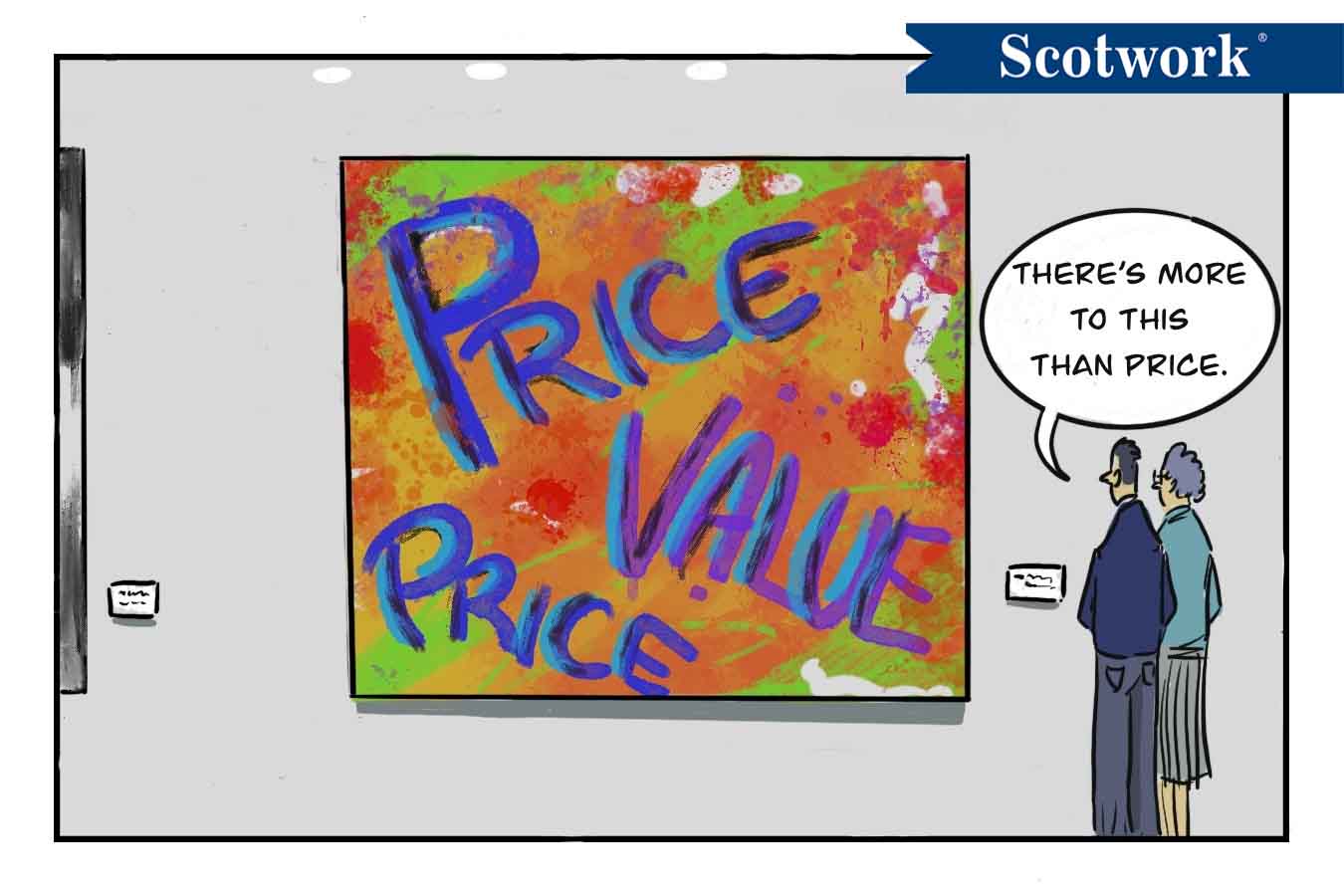Price is often the first thing people focus on in a negotiation. It’s easy to measure, easy to compare, and easy to argue. But price alone rarely tells the whole story. The real question in any price negotiation — whether you’re increasing it or defending against it — is not just how much, but why and what else?
Focusing only on price reduces a negotiation to a zero-sum game. It becomes a tug-of-war over a number, rather than a conversation about value. And when negotiations turn into haggling, both sides lose an opportunity to create something better. Instead of simply pushing for more or resisting change, negotiators should look at this as an opportunity to dive deeper into what the price represents and how it affects the overall deal.
Making the Case for a Price Increase
A price increase can feel like an arbitrary demand when it’s poorly communicated. If a price increase comes without explanation, it’s met with resistance. But if it’s framed as part of a broader value shift, it becomes part of the deal’s natural evolution.
The challenge for salespeople is framing a price increase to minimize pushback. It begins with understanding what the other side values most about the relationship. Framing a price increase as it relates to what the other side values will lessen the chance of pushback and increase the likelihood of acceptance.
One way to justify a price increase is through added incentives. If customers are paying more, help them understand what they’re getting in return — greater sustainability, better service, improved terms, faster response times, or new benefits that enhance the overall offering. This is how to make a price increase about an investment into something better, not just an additional cost.
On the other hand, if maintaining the current price is not an option, there may need to be a corresponding adjustment in services. Price and value should move together. If customers want to hold onto a lower price, this is an opportunity to adjust and change service levels, guarantees, or other aspects of the agreement. This isn’t a punishment — it’s a natural part of rebalancing value within a deal.
When well-framed, a price increase will feel like a necessary and fair adjustment. The key is to shift the conversation away from the number itself and toward the value behind it.
Pushing Back Against a Price Increase
Just because a price increase is proposed doesn’t mean it has to be accepted at face value. But pushing back shouldn’t be about simply saying “no.” Instead, it should be about exploring the reason behind the change and the opportunities to shape a better deal. Remember, if they want something from you, what do you want from them?
A good starting point is to ask for justification. Why is the price increasing? Is it driven by rising costs? A shift in the market? Additional services? Without understanding the reasoning, resistance becomes a knee-jerk reaction rather than a strategic negotiation.
Once the justification is clear, the conversation can move toward trade-offs. If the price must increase, can something else be adjusted in return? Perhaps better payment terms can be negotiated, or additional value can be added to justify the new cost. A price increase can also be used as an opportunity to renegotiate the broader relationship, unlocking better commitments, expanding services, or restructuring elements of the deal to make it work better for you.
Haggling = Despair
If price is the only thing being discussed, then the negotiation is stuck in a haggle. This parks the conversation in a place of despair because no value is created. Once a negotiator finds themselves in this spot, it’s hard to climb out of because it becomes a battle to see who gets more and who gets less — a true lose-lose scenario.
The best negotiators don’t just argue about cost; they redefine what the deal can be. That’s how real value is created.
Is price vs. value a constant issue in your deals? Attend our FREE upcoming webinar on Mar. 6, 2025: Mastering the Toughest Negotiations. Register now!
We Can Help You Get Real Value.
Don’t let your negotiators argue just about cost. Have them redefine what the deal can be. That’s how real value is created. Rely on Scotwork’s 50 years of experience to help your team create real value.

